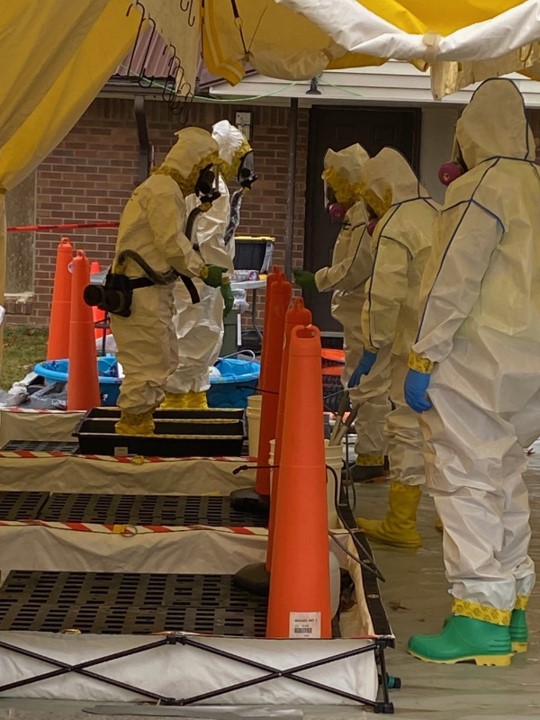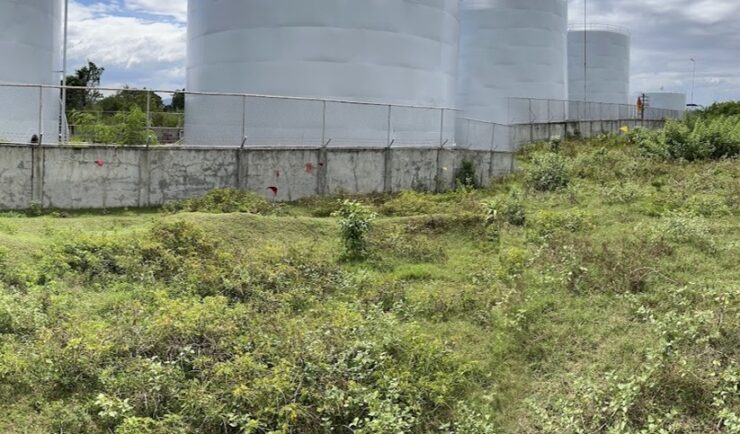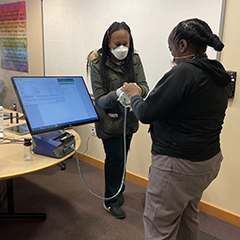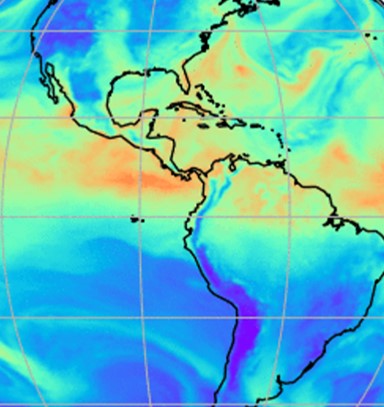- Success Stories, Uncategorized
- Emergency Preparedness & Response
Developing a Decontamination Line Guide for EPA Responders

CSS employee owners supporting the Environmental Protection Agency’s (EPA) Scientific and Technical Assistance for Consequence Management (STACM) contract have been working with the National Chemical Preparedness Workgroup and Sub Workgroups to create a decontamination (decon) line guide and detailed drawing for EPA on-scene coordinators and EPA’s special teams to use for emergency responses and incidents. The decon line guide and drawings presents a detailed approach and steps to decon responders for different levels of personal protective equipment (PPE) (A, B, C, and D) used during responses to dangerous chemicals in the field. The decon guide includes the steps and lists of equipment and materials needed to put together a decon line with most equipment commercially available off-the-shelf (COTS). CSS scientists developed the steps, guide, and drawings.
Following the development of the decon line guide, CSS scientists demonstrated the lines for EPA on-scene coordinators and special teams by directing the EPA responders through the line providing verbal instruction to ensure they followed all steps.
One critical step in an effective decon line is to screen each responder to ensure that no dangerous chemicals remain on their personal protective equipment (PPE). During the decon line demonstration, CSS scientists screen EPA responders with a chemical monitoring instrument to ensure all chemicals were removed. Following the decon, if CSS scientists detect chemicals on the PPE, they instruct the responder to return to the beginning of the decon line to repeat the process.
The line guide, processes, and demonstrations are critical in ensuring EPA responder safety when responding to dangerous chemicals in the field.


See More CSS Insights

Diesel Leak Remediation
Our employee owners have been supporting a remediation project in the Philippines. Diesel fuel leaked from a storage tank and seeped into the groundwater and soil. Emergency measures were taken but clean-up was delayed due to COVID restrictions. After some of the more strict COVID restrictions were lifted, CSS scientists joined the environmental due diligence…

Safety Support To First Responders
First responders put their lives on the line to help others, and our team helps safeguard their protection. Our team on contract with the National Institutes of Health (NIH) Respiratory Protection Program works with staff to test respirators and establish secure fits. Similarly, they provide these fit tests for fire department personnel on a regular…

Evaluating the Use of Earth Observations Digital Twin Technologies
Earth Observations Digital Twin technologies are data analytics, artificial intelligence, and advanced modeling technologies that provide an estimate of the true state of the Earth. An Earth Systems Digital Twin is observations-based and grid-flexible with multiple components and high-resolution data over space and time to capture all available observations and feed a variety of direct…
